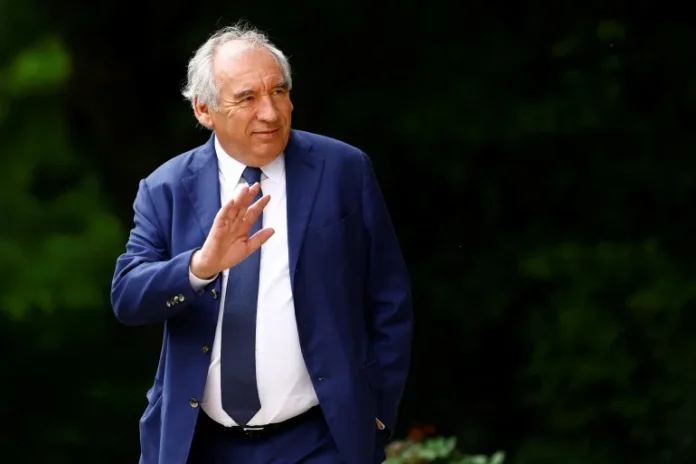France’s new prime minister has begun crucial talks with political leaders ahead of the start of debate on the controversial 2025 budget in parliament.
François Bayrou faces the daunting task of bridging political divisions to ensure key legislation is passed.
The 2025 budget has become a hot-button issue in French politics, with opposition parties strongly criticising measures proposed by the interim government.
The bill, presented to avoid disruption to essential services, includes tax hikes, reliance on the 2024 budget framework and additional borrowing. But many French lawmakers are demanding changes, such as tying income tax rates to inflation, to protect taxpayers in the face of rising costs.
Left-wing parties have been quick to voice their objections. Socialist leader Olivier Faure said that “taxpayers should not bear the burden of government mismanagement,” while the left La France Insoumise (France Unbowed) party rejected the process altogether. Its leader, Jean-Luc Mélenchon, called the ongoing discussions “a desperate attempt to save a dysfunctional budget.”
National Rally leader Marine Le Pen criticised the proposed tax hike but said her party would study the government’s plans before taking a final position.
Meanwhile, Laurent Wauquiez, leader of the right Les Républicains (LR) party, emphasised that “support will depend on concrete measures for economic growth and fiscal responsibility.”
Debates in the French National Assembly began today, and Bayrou emphasised that a government shutdown must be urgently averted. He said:
“France cannot afford another political stalemate.”
The budget crisis stems from Barnier’s use of a constitutional measure to pass the 2025 social security budget without parliamentary approval, which led to his ouster in a no-confidence vote on December 4.
Bayrou now faces the challenge of managing a deeply divided parliament to prevent further political instability.
In the midst of a domestic political crisis
France, which is in the midst of an internal political crisis due to a parliament divided into three parts, has changed prime minister for the fourth time in a year. President Emmanuel Macron on December 13 appointed 73-year-old Francois Bayrou, founder of the centrist Democratic Movement (MoDem) party, to the post.
The appointment of the new prime minister came after the National Assembly last week rejected the confidence of Republican Michel Barnier’s cabinet. Macron then held a series of consultations with the country’s key political forces to find a compromise figure.
However, this time the French leader did not invite to the talks representatives of the radical opposition – the left-wing LFI and the right RN, which initiated a vote of no confidence in Barnier.
Le Parisien last week named Bayrou as a potential contender for the post of prime minister, along with the mayor of Troyes, Republican François Baroin, and Defence Minister Sebastien Lecornu.
Nicolas Dupont-Aignan, leader of the party Debout la France (France Arise), criticised the French leader on X:
“4 prime ministers in 2024! This tangle of intermedia has only one possible outcome: the resignation of the man responsible for this situation….. Emmanuel Macron!”
